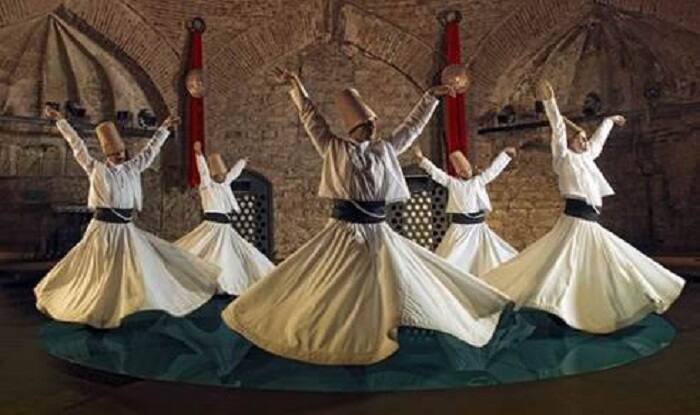The origins of Sufi music can be traced back to the 10th century, when the great Persian poet and mystic, Rumi, founded the Mevlevi Order of Sufism. The Mevlevi Order, also known as the Whirling Dervishes, is famous for its spiritual practice of whirling, which is accompanied by music and chanting. The music played during these rituals is believed to induce a state of ecstasy, leading the participants to a deeper understanding of the divine.
Over time, the practice of Sufi music spread throughout the Islamic world, and it became an integral part of the cultural and religious traditions of many countries, including Iran, Turkey, Pakistan, and India. In these countries, Sufi music is performed in various forms, including solo singing, group chanting, and instrumental music.
One of the most popular forms of Sufi music is Qawwali, which originated in South Asia in the 13th century. Qawwali is a form of devotional music that is performed by a group of musicians known as qawwals. The qawwals sing the praises of God and the Prophet Muhammad, often using poetry from famous Sufi poets such as Rumi and Hafiz.
Qawwali gained widespread popularity in the 20th century, thanks to the efforts of legendary qawwali singer, Nusrat Fateh Ali Khan. Khan, who hailed from Pakistan, was a master of the art of qawwali and is credited with bringing the genre to a global audience. His collaborations with western musicians such as Peter Gabriel and Eddie Vedder helped to popularize qawwali in the west, and he became one of the most beloved musicians in the world.
Today, Sufi music continues to be an important part of the cultural and religious traditions of many countries. In addition to its spiritual significance, Sufi music is also appreciated for its aesthetic beauty and its ability to evoke powerful emotions in listeners. Many people around the world have come to love Sufi music for its ability to transcend cultural and religious boundaries, connecting people of different backgrounds and beliefs through a shared love of music.
In conclusion, Sufi music is a genre of devotional music that has its roots in the Islamic world. Its origins can be traced back to the 10th century, and it has since become an integral part of the cultural and religious traditions of many countries. Qawwali, one of the most popular forms of Sufi music, gained widespread popularity in the 20th century thanks to the efforts of Nusrat Fateh Ali Khan. Today, Sufi music continues to be appreciated for its spiritual significance, aesthetic beauty, and ability to connect people of different backgrounds and beliefs.

Comments